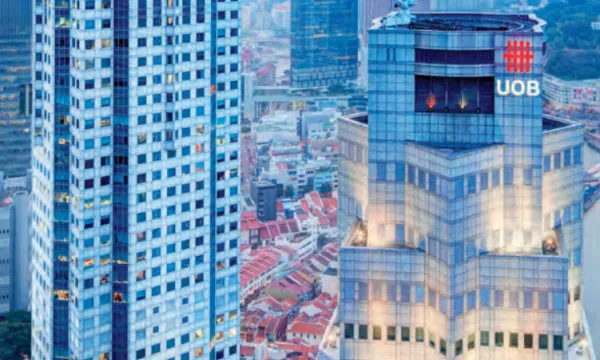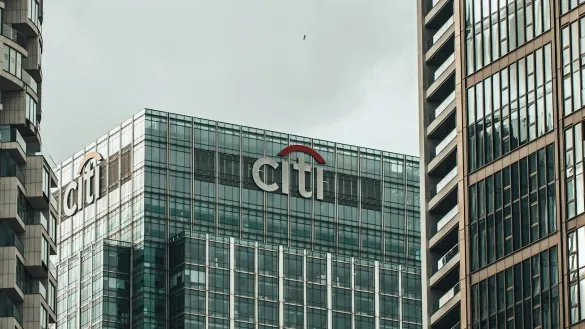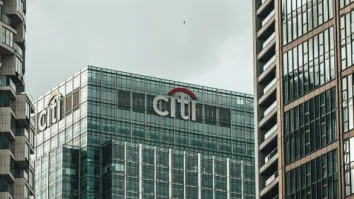
Property cooling measures threaten Singapore's healthy bank lending
UOB may bear the brunt of the fallout due to its greater property exposure.
The Singaporean government's surprise housing cooling measures imposing Additional Buyer’s Stamp Duty (ABSD) and limits for Loan-to-Value (LTV) limits for residential property purchases could hit the otherwise healthy loan growth of banks by the second half of the year, DBS Equity Research said.
Also read: Which Singapore banks are the most vulnerable to heightening trade tensions?
Business sentiment is expected to dampen as it is largely driven by property development companies which will likely to suffer more compared to first-time buyers, DBS said, although mortgage growth might remain stable over the next few quarters.
Similarly, UOB is poised to the hardest hit by the cooling measures due to its larger exposure to property-related lending. Almost a third (27.6%) of UOB’s loans are in the housing segment compared to the 22-26% of its peers DBS and OCBC, according to an earlier report by RHB Research.
“Singapore banks are over-owned by investors’ versus other ASEAN Banks based on our checks, at least since the middle of 2017,” DBS analysts Sue Lin Lim and Rui Wen Lim said. “The slightest negative news, would easily prompt a sell down.”
“We believe investors could hold on a little longer for the upcoming higher interim dividends,” the analysts noted.
Despite the muted sentiment, analysts believe the property frenzy will not significantly impact earnings by Q2 as steady wealth management income will be a key growth driver for banks amidst heightening property woes.



















 Advertise
Advertise













